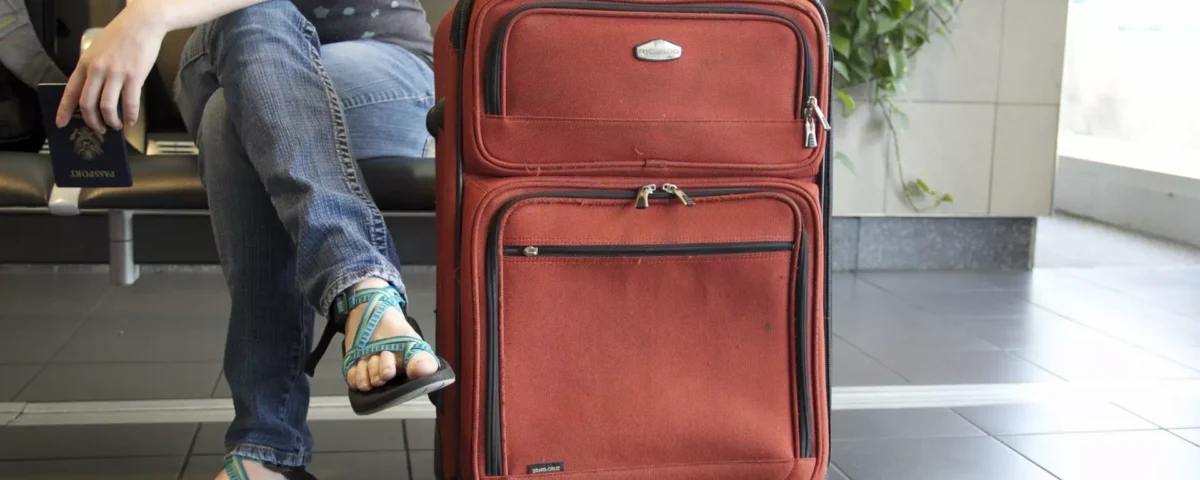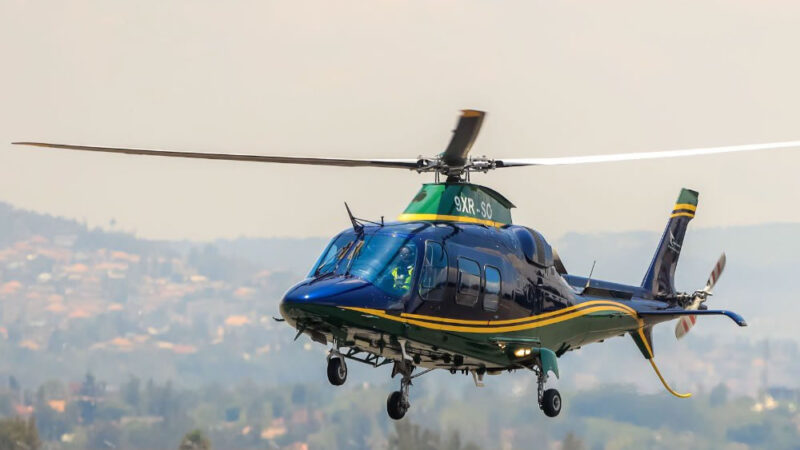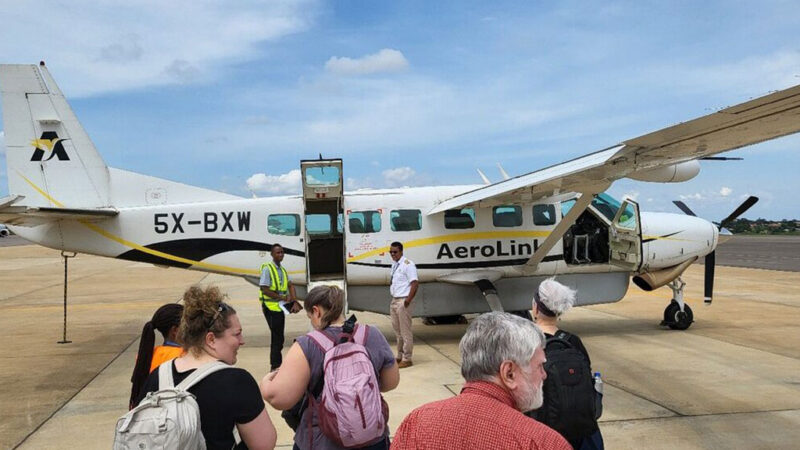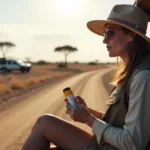
Staying Healthy on Safari: Tips for Travelers
July 3, 2025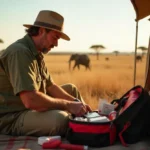
Dealing with Health Emergencies on Safari in East Africa
July 3, 2025Traveling to East Africa is an exciting adventure. From spotting wildlife in Kenya to trekking gorillas in Uganda, the region offers unforgettable experiences. However, staying healthy and having the right travel insurance is just as important as packing your camera.
Many travelers overlook these critical steps. Without proper health preparation or insurance, unexpected problems can become stressful and expensive. Fortunately, a bit of planning can give you peace of mind and help you enjoy your safari safely.
At Traford Safaris Ltd, we don’t just take you to beautiful places we also help you travel smart. In this guide, you’ll learn what vaccinations you need, how to choose the right insurance, and how to stay protected during your safari.
1. Why You Need Travel Insurance for East Africa
Safari regions in East Africa are often remote, far from major hospitals or pharmacies. Therefore, comprehensive travel insurance is not optional it’s essential.
What Good Travel Insurance Should Cover:
- Emergency medical treatment
- Medical evacuation or airlift
- Trip cancellation and delays
- Lost or stolen baggage
- Accidental injury
Why Evacuation Coverage Matters
Even a minor injury can require evacuation by air, which can cost thousands of dollars. To avoid this burden, make sure your policy includes air rescue. If it doesn’t, short-term memberships with air rescue providers like AMREF Flying Doctors are available.
2. Health Risks and Vaccination Requirements
Before traveling, it is important to know the potential health risks. A visit to your doctor or a travel clinic four to six weeks before your trip is strongly recommended.
Required Vaccines:
- Yellow fever (often mandatory for entry)
Recommended Vaccines:
- Typhoid
- Hepatitis A and B
- Tetanus
- Rabies (if you expect close contact with animals)
Malaria Prevention:
- Take prescribed anti-malarial medication
- Use mosquito repellent
- Wear long-sleeved clothes during evenings
- Sleep under a mosquito net or in screened rooms
3. COVID-19 Considerations in 2025
While most East African countries have relaxed COVID-19 restrictions, some health precautions may still apply.
- Carry proof of vaccination or a recent negative test
- Complete any required health forms
- Bring masks for public spaces or medical centers
4. Choosing the Right Insurance Provider
Not all policies are suitable for safari travel. Therefore, ask your provider the following questions:
- Does the policy cover wildlife activities like gorilla trekking?
- Is travel to remote or developing areas included?
- Does it include emergency evacuation?
- Are pandemic-related delays or cancellations covered?
Trusted Providers:
- World Nomads
- IMG Global
- Travel Guard
- Allianz Travel
- AXA Assistance
Always disclose pre-existing conditions to ensure full coverage.
5. What to Pack for Health and Safety
Preparation is key. Here’s what to bring to protect your health on safari:
Medical Essentials:
- Painkillers and allergy medicine
- Anti-diarrheal tablets and rehydration salts
- Insect bite cream and antiseptic
- Sunscreen and lip balm with SPF
- Hand sanitizer and face masks
Prescriptions:
- Carry enough for your entire trip
- Keep medications in original packaging with a doctor’s note
6. Health Services in East Africa
While cities like Nairobi and Kampala offer modern hospitals, safari areas are more isolated. For that reason, knowing your medical options in advance is vital.
Medical Assistance Options:
- Many lodges have basic first aid and emergency protocols
- Some partner with local clinics or emergency services
- Flying Doctor services can evacuate you quickly if needed
Communication:
- English is widely spoken in most medical facilities
- Still, explain symptoms clearly and carry written health information if possible
7. Special Advice for Different Travelers
For Families:
- Choose lodges with child-friendly services
- Bring familiar medicines and snacks
For Seniors:
- Ask for ground-floor rooms and easy-access vehicles
- Share any health concerns with your guide
For Pregnant Travelers:
- Avoid strenuous treks and long drives
- Travel with medical clearance and easy access to healthcare
8. Quick Tips: Do’s and Don’ts
Do:
- Wash your hands often
- Stay hydrated
- Get plenty of rest
- Tell your guide if you feel unwell
Don’t:
- Drink tap water
- Eat food from unknown or unsafe sources
- Skip travel insurance
- Forget to disclose allergies or medical needs
9. How Traford Safaris Supports Your Health and Safety
We go beyond organizing safaris. Traford Safaris:
- Works with vetted lodges that follow hygiene standards
- Provides trained guides equipped for emergencies
- Coordinates with Flying Doctors and clinics
- Offers 24/7 support during your trip
Conclusion
East Africa is a spectacular region filled with wild beauty and unforgettable moments. To fully enjoy your adventure, you must travel prepared. With the right health precautions and travel insurance, you can relax and immerse yourself in the experience.
At Traford Safaris Ltd, we help you travel safely and confidently. Let us take care of the planning so you can focus on the adventure.
Call to Action
Ready for a secure and exciting East African safari? Contact Traford Safaris Ltd today and let us help you plan a safe and unforgettable journey.

